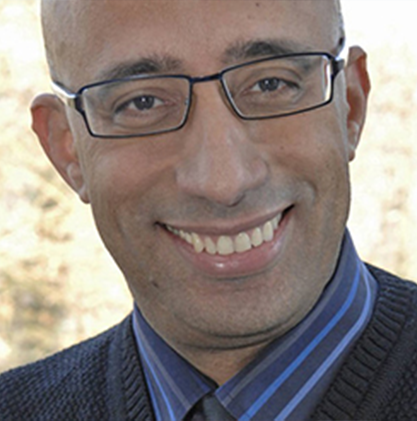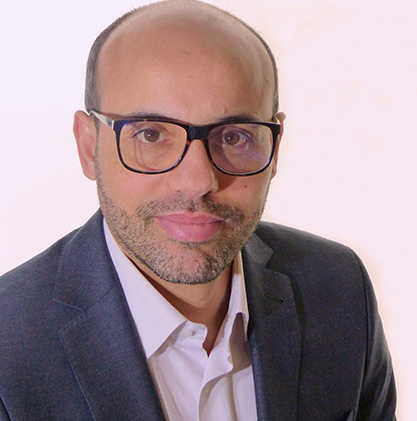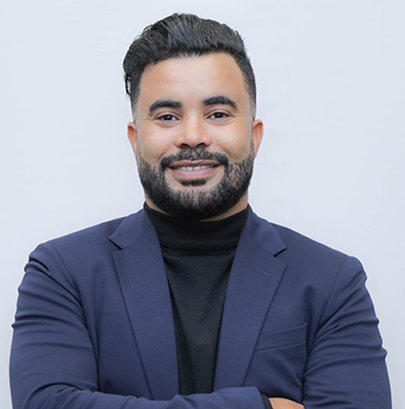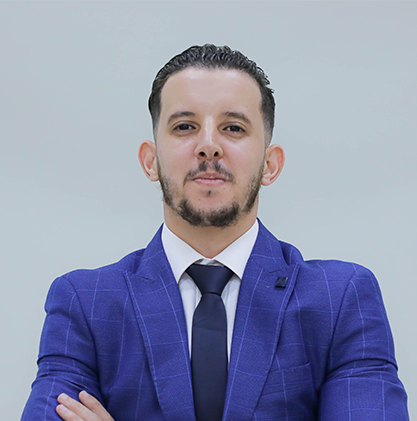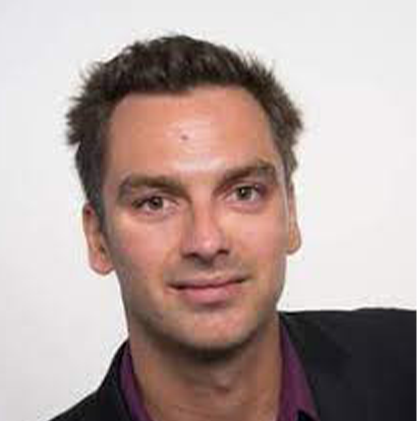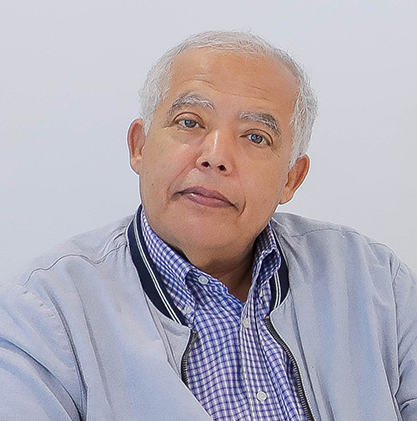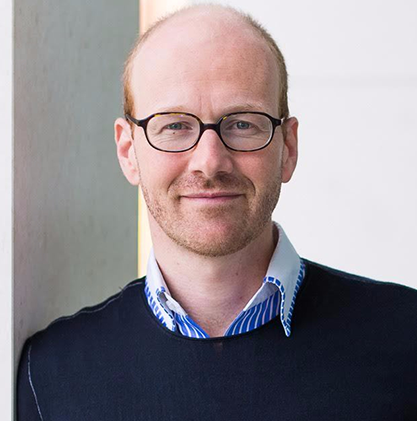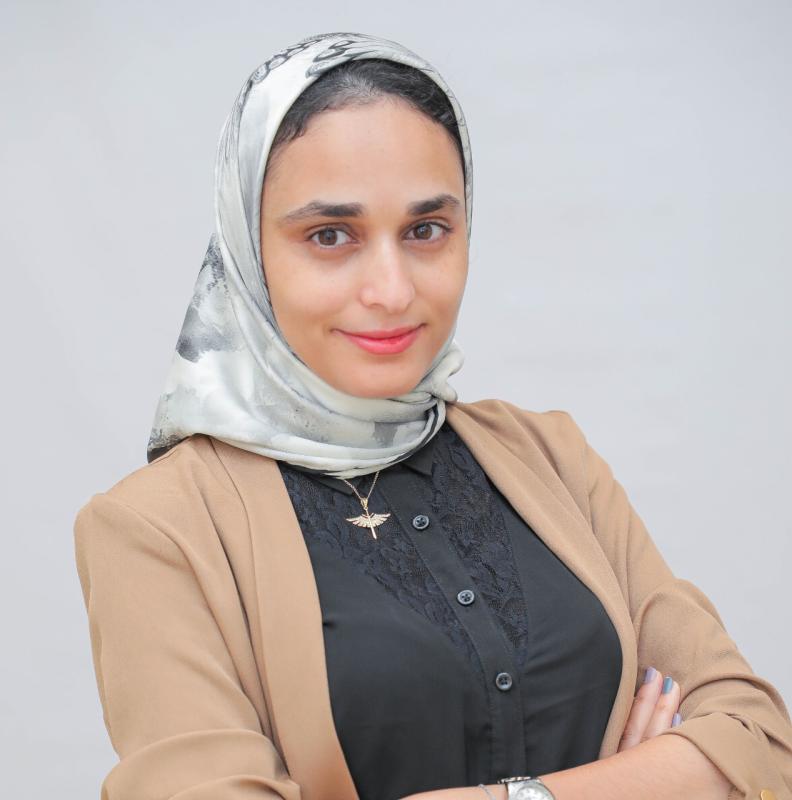Fil d'Ariane
FUTURE RISKS & ECONOMIC BEHAVIOR
The research program uses behavioral economics to study the "behavioral gap" between rational decision-making models and real agents. It aims to assess the applicability of results from WEIRD (Western, Industrialized, Educated, Rich, and Democratic) populations to developing countries and inform public policies accordingly.
In Animal Spirits by George Akerlof and Robert Shiller, we read: « In our view, economic theory should be derived not from the minimal deviations of Adam Smith’s system, but rather from deviations that actually occur and can be observed». (Akerlof and Shiller 2009, p. 4–5). The authors thus emphasize the importance of behavioral economics in understanding the differences between the world that results from the interactions of rational agents and the real economic world. In fact, economic agents are often victims of biased perceptions resulting from cognitive limitations and/or specific cultural traits (culture of contracts, negotiation, etc.).
The «Future Risks & Economic Behavior» research program at AIRESS takes a behavioral economics approach to assessing and understanding the «behavioral gap» between rational and real agents. In addition to publishing the results of the program in international scientific journals, the program aims to test the robustness of the results of WEIRD (Western, Industrialized, Educated, Rich and Democratic) behavioral economics in developing countries. This is crucial for any efficient use of results from behavioral economics to inform public policy in these countries.
Overall objectives :
- Test the new choice models in the presence of different sources of uncertainty with the aim of developing models capable of better predicting the behavior.
- Study the determinants of the formation of preferences and beliefs of economic agents.
- Develop empirical methods from behavioral economics to better inform public policy in developing countries.
- Provide decision makers (in private and public organizations) with advanced tools to structure, model and solve complex decision problems.
Research Topics :
- Compound uncertainties and attitudes towards uncertainty
- Future discounting in the presence of uncertainty
- Beliefs, confidence and perception of uncertainty
- Modeling behavior in the face of uncertainty and time

